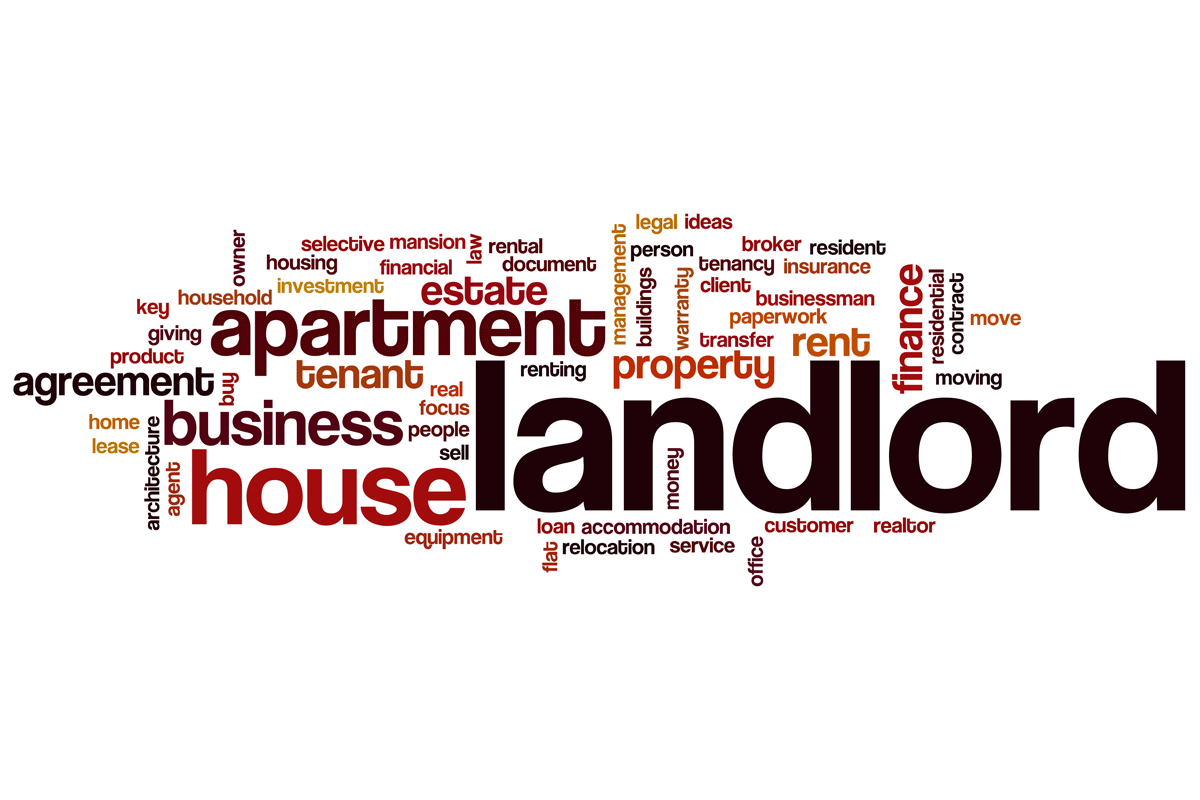Being a landlord can be challenging, especially when you’re starting out. From finding and screening tenants, creating and following a rental agreement, and collecting rent online, we will help guide you through all the important landlord tasks. Get started with these 12 must-know tips for first time landlords:
1. TREAT YOUR RENTAL PROPERTY LIKE A BUSINESS
Managing your rental property may not be your primary job, but it is still a business and a source of extra income. It’s important to remain professional with your tenants, keep your finances intact, and perform thorough tenant screening prior to renter move in. Being professional, keeping your finances in mind, following your city and state’s laws, protecting yourself from liability, and preventing tenant problems are the best ways to manage a good rental property business.
2. FIND TENANTS ONLINE
The key to finding tenants is to create an online rental listing that tells tenants what they want to know about your rental property. They’ll want to know the rent price, the address, number of bedrooms and bathrooms, amenities, and nearby attractions—the more informative the listing, the better. It’s also a good idea to upload clear photos of every room and common space, as tenants will likely be more interested if they can easily visualize the space.
3. CONSIDER GETTING A PROPERTY MANAGEMENT SYSTEM
Hiring a property manager can be a worthwhile investment if you’re looking to save on the time and hassle involved in owning a rental property, such as marketing your property, colleting rent payments, and dealing with tenant issues. A good property management system can also help manage multiple rental properties and is a great avenue to explore if you don’t live near your property or don’t want to fully commit to the hands-on role of managing the rental. By putting the responsibility of owning a rental home on a third party, you’ll have peace-of-mind that your property is being maintained in a professional and timely matter.
4. SET THE RIGHT RENT PRICE
Pricing your rental at the rent price that makes sense in your location can mean the difference between vacancies and attracting good tenants so you can rent your property quickly. As you set your rent price, you should keep in mind how it affects your financials. After all, rent payments are your main source of income on your rental property. There’s no point in setting the right rent price if you have tenants who don’t pay on time, which is why the next tip is critical.
5. CREATE AND FOLLOW A TENANT SCREENING PROCESS
The main goal is to help find quality tenants who will pay rent on time and take care of your property as if it were their own. To select responsible tenants, it’s important to filter out good potential tenants from the mountain of applications you might receive. You should look for a tenant who can pay in full each month, doesn’t have a criminal history, and has a good rental background.
6. REQUIRE A RENTAL APPLICATION
A good rental application will give you quick information about your prospective tenant: name, current address, reason for their move, employer information, income, and landlord references. It’s important to ask the right type of questions so you have all of the information you need to make a smart decision about who will live in your property.
7. REQUIRE A CREDIT AND BACKGROUND CHECK
Credit checks are among the best ways to learn if an applicant is financially responsible or not. When reviewing your prospective tenant’s credit and background reports, look out for these red flags: notable debt, undue payments, bankruptcy filing, and prior eviction history. A solid financial and background history is a predictor that a tenant will pay rent on time, is free of a relevant criminal history, and will treat the property with respect.
8. HAVE A WRITTEN RENTAL AGREEMENT
A clearly written rental application can forge a strong landlord-tenant relationship. If something breaks, who pays for the repairs? It can provide timeline stipulations and set up a process for your response to residents that have property issues.
9. ENFORCE AND FOLLOW THE RULES
You need to enforce the rules in your rental agreement, otherwise your agreement loses its importance. Tenants will notice if you do not enforce rules and may take advantage of your leniency. The most important rule to enforce is your late rent fee. You can allow a grace period, but after that, you should make sure your tenant pays his or her late fee.
10. COLLECT RENT PAYMENTS ONLINE
Online rent collection is more convenient and more secure. Money magazine reports that millennials pay 61% of their bills online, and older generations pay 42% of their bills online. The easier it is to pay rent, the more likely your tenant will pay. Tenants can even set up scheduled payments so their rent is automatically taken out of their account. Tenants love the convenience that online payments offer, and you will love getting your payments on time every month. Collecting rent online also provides clarity. You can immediately know when a tenant schedules a payment, what day it withdraws from his or her account, and when it will be deposited in your account. With online payments, you never have to hear, “The check must have gotten lost in the mail.”With added convenience and security, paying rent online is the best way to make sure you get paid every month on time.
11. KEEP DIGITAL RECORDS OF EVERYTHING
As a landlord, you should keep records of everything: deposit receipts, rent receipts, maintenance receipts, and a record of all landlord-tenant communication. Digital records can be securely organized without creating paper clutter. Professionally manage your business by keeping good records. Storing records digitally is the most organized, up-to-date way to do it.
12. KEEP GOOD TENANTS
After spending time finding tenants, screening tenants, and signing a rental agreement, you don’t want all of that effort to go to waste. Constantly repeating this process can be exhausting, so the best way to preserve your time and money is to keep good tenants.
source: https://www.mysmartmove.com/SmartMove/blog/9-must-know-tips-new-landlords.page




